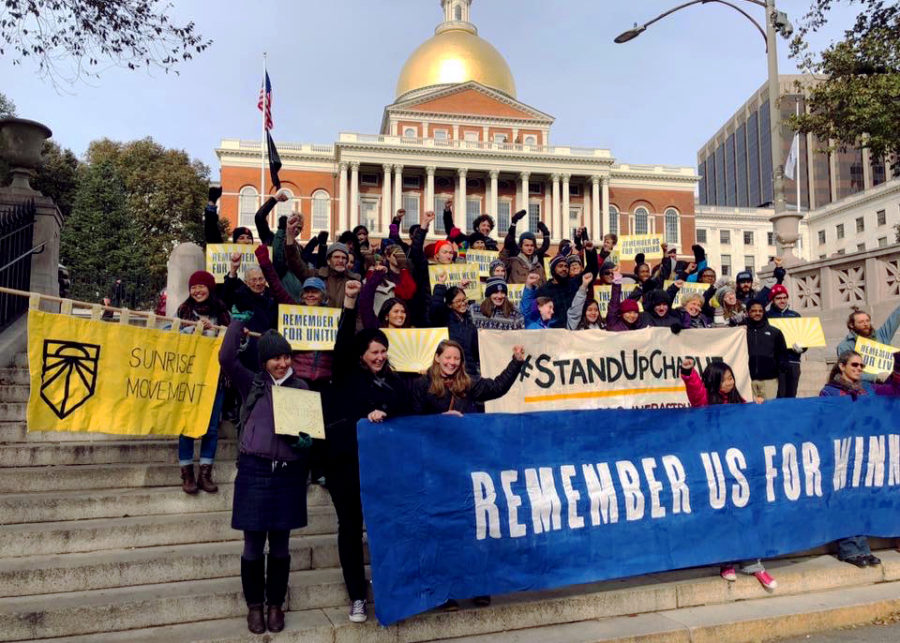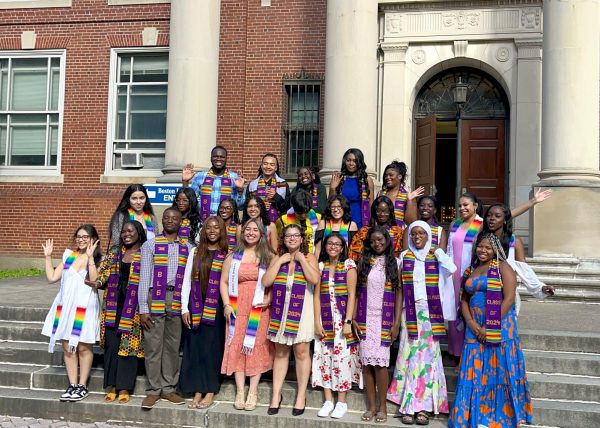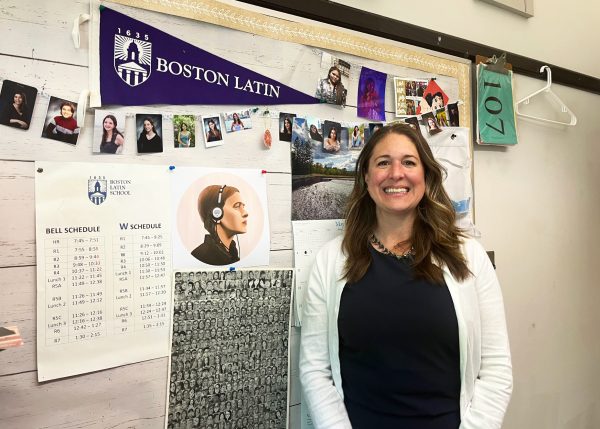YouthCAN Calls for Climate Education
Over the past year, Boston Latin School Youth Climate Action Network (YouthCAN) has been advocating for the Massachusetts State Legislature to create bills that combat climate change.
One of these bills, House Bill 614, has been formally introduced in the Massachusetts State House. The bill proposes that all schools teach students in grades one through twelve about climate change and its impacts. It still has to go through the full legislative process and therefore has been sent to the Massachusetts Joint Education Committee to be reviewed.
YouthCAN President Zoe Nagasawa (I) explains, “The hope is that if [students] get a sense of the human impacts of the climate crisis, they will understand how deeply it affects every single aspect of our lives, and they will be better equipped to help combat it.”
The bill would affect science, social studies, history, and technology classes at BLS. YouthCAN Officer Quyen Vo (IV) adds, “I hope that the curriculum they build will include independent units on climate education and connect to existing curriculum.”
One concern, however, that teachers have about the bill is that it does not provide the curriculum needed to educate students about climate change. It only requires teachers to cover a set number of subjects.
AP Environmental Science teacher Mr. Timothy Gay says, “You need to provide [teachers] with quality lessons to teach [students].”
YouthCAN members have also worked with the Mass Climate Education Organization (MCEO). MCEO collaborated with State Senator Julian Cyr on the bill, sharing their ideas and hopes for what it will address. Both groups also talked with Senator Cyr’s Chief of Staff, Patrick Johnson, to run ideas by him and eventually convince the senator to write those ideas into the bill.
The legislative process that the bill has to go through has multiple steps. First, it has to gain a majority vote in the Massachusetts Joint Education Committee. Then, the bill has to travel to the full House for deliberation, where it would be changed and refined before going to the Senate. The Massachusetts State Senate would then make their own changes and revisions to the bill and send it back to the House for a final vote.
If passed, implementation of the bill will still take time. The bill would take effect on January 1, 2022. School districts would then need to implement the curriculum by August 1, 2024.
Advocating for climate policy is not new to the club, which was founded in 2007. It has previously advocated for students to learn about climate change and how it impacts them and their neighborhoods. For example, Bill 614 would ensure that students are taught the full consequences of climate change on communities, especially those of color.
Ms. Catherine Arnold, the YouthCAN club advisor, reflects, “Everyone is being taught across disciplines because we need to be teaching students to think in terms of the big ideas of sustainability and climate as one of those issues.”






